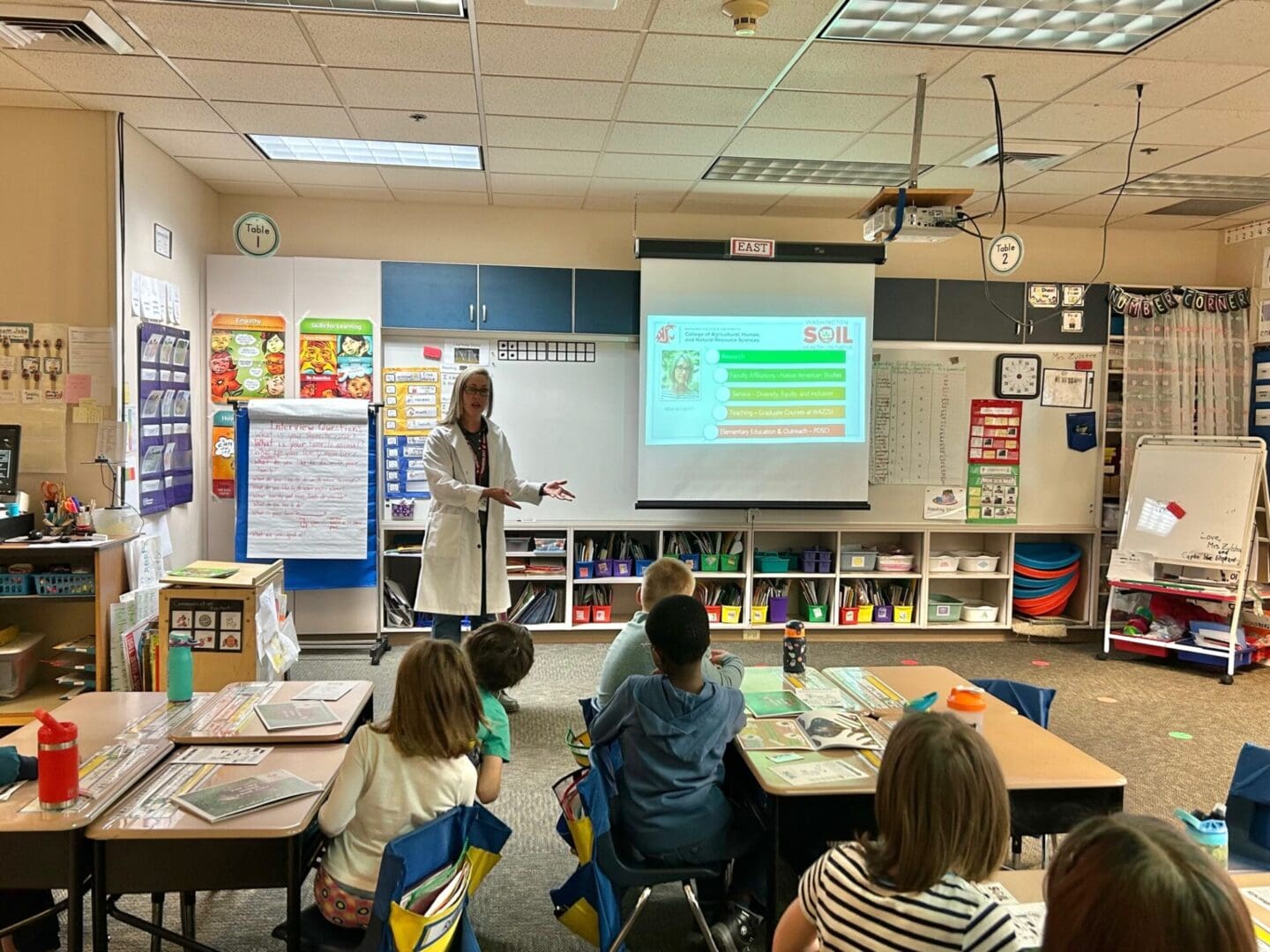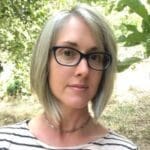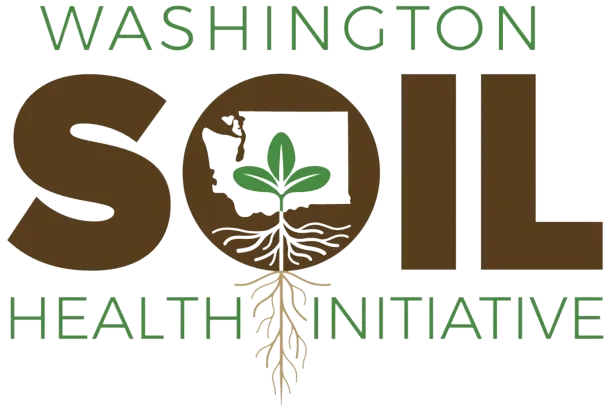
Growing interest in soil health: an appreciation-based STEM curriculum for kids
Tarah and her team first worked to develop hands-on, easy-to-understand soil health awareness curriculum for school-age children
May 3, 2023
Author: Tarah Sullivan
Soil health education for youth is vital to change the outlook and attitude of future generations toward soil stewardship. Soil health is linked to some of the most important issues facing our planet and future generations, from a warming climate and increasing extreme weather events to toxic buildup of waste and contaminants, to fresh air and water, to the very food quantity and quality on our tables each and every day. Yet, unfortunately, most students enter college with little to no understanding of the importance of soil in our everyday lives.
That’s why WSU Associate Professor and soil microbiologist Dr. Tarah Sullivan has made it her mission to share her passion for soil with elementary school-aged children. With the help of regional partners at schools, science centers, 4-H Extension developers, and environmental outreach NGOs, Tarah was able to test many different strategies and finally develop a series of simple, soils-based STEM curriculum modules targeting elementary school-age children.

Tarah Sullivan talking with students about soil science career opportunities
Development of Hands-On Curriculum
Tarah and her team first worked to develop hands-on, easy-to-understand soil health awareness curriculum for school-age children through a partnership with the Palouse Discovery Science Center. Through trial and error, they created the “Earth Explorers” summer camp, where over 30 students learned about geology, soil science, and soil biology. Tarah and partners then established an after-school program for exploring soils, expertly named “Mudskippers,” where youth explored soils and biodiversity. In the summer of 2022, the youth got their hands dirty installing a vermicomposting system and raised garden beds at the “How to Grow Your Own Food” summer camp. At camp, they learned best practices to maintain soil and plant health simultaneously through lessons on soil biology as they grew the plants.
These events cultivated enthusiasm amongst the students and adults, so much so that, through a partnership with the Community Action Center, a large greenhouse will be donated to the center to expand the “Grow Your Own Food” programming and share food with our Pullman community.

Third-grade students viewing worms under a microscope.
More Advanced Curriculum
The curriculum for each age group is vastly different. While the topics may be similar, the depth to which each is explored varies. At the Pullman, WA, high school, Tarah partnered with Ms. Olivia Craine-Karas to develop a curriculum on the importance of vermicomposting systems and compost food web. Students designed their own worm composting systems and, as future scientists, took measurements throughout the year, then gave a final report on the success or failure of their system at the end of the year. Through the 2012-2022 school year process, an expert, Tarah, came into the classroom to teach and answer questions about soils, compost, and biodiversity roles in soil health.
In the spring of 2022, Linda McLean of the 4-H Extension at the Coleville confederated tribes teamed up with Tarah to present a hands-on soil biology demonstration booth at the Sunflower Festival for the Salish language school, Paschal Sherman Indian School. This festival brought in hundreds of students and parents, who all had the opportunity to observe compost in each stage of decomposition. At the booth, Tarah then shared information on soil health and allowed everyone to use digital microscopes to view the worms and other important compost food web biology.
![]()
Soil Health Education Modules
All these experiences culminated in Tarah’s partnership with the Lake Roosevelt Forum and PacWest to create the Soil Health Education Modules. You can access the soil educational modules for K-5th graders they created here.
Ultimately, these projects have reached hundreds of elementary school-aged children in Washington with books and educational activities, increasing awareness of soils and soil biodiversity. These tools will inspire the next generation of soil stewards and foster a greater appreciation for soil’s vital role in our world. Soil health education for youth is a vital step in addressing global issues related to soil. Through partnerships and collaborations, Tarah and her team have developed hands-on and easy-to-use curriculum for students. This will increase awareness and interest in soil health, leading to a more sustainable future.
Resources:
This work is supported in part by the Washington State University Center for Sustaining Agriculture & Natural Resources BIOAg Program under grant number 193

Tarah Sullivan and Molly McIlquham
Associate Professor, Washington State University; Extension Coordinator, Washington State University
This article was published by the Washington Soil Health Initiative. For more information, visit wasoilhealth.org. To have these posts delivered straight to your inbox, subscribe to the WaSHI newsletter. To find a soil science technical service provider, visit the Washington State University Extension website or the Washington State Conservation District website.

